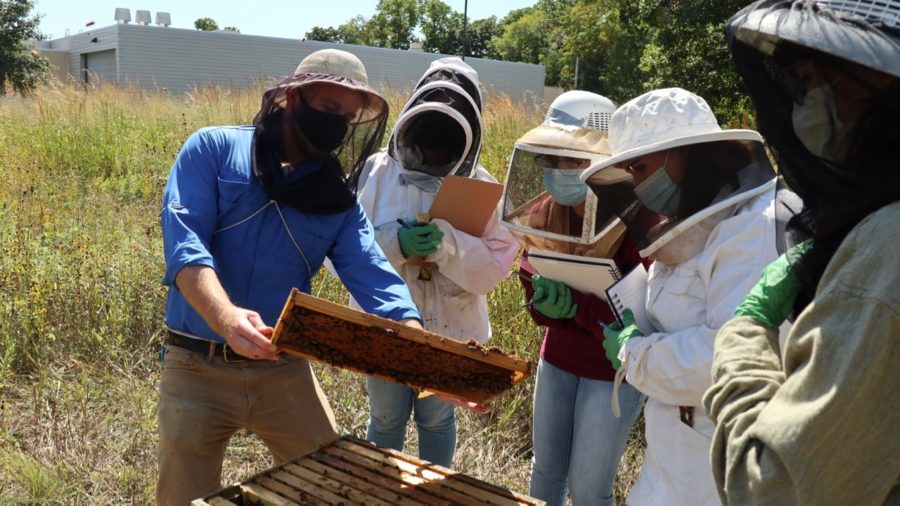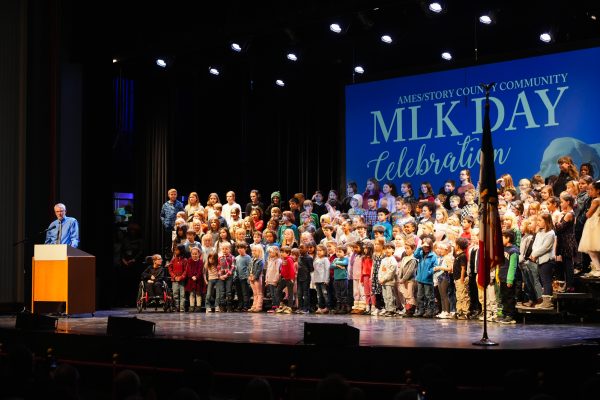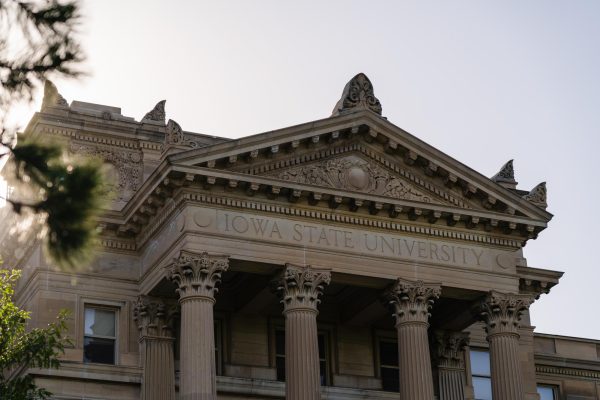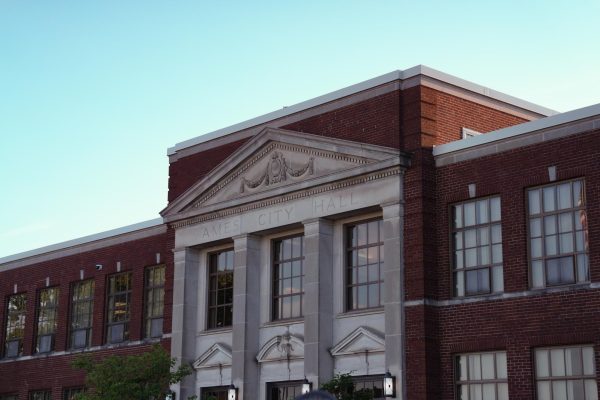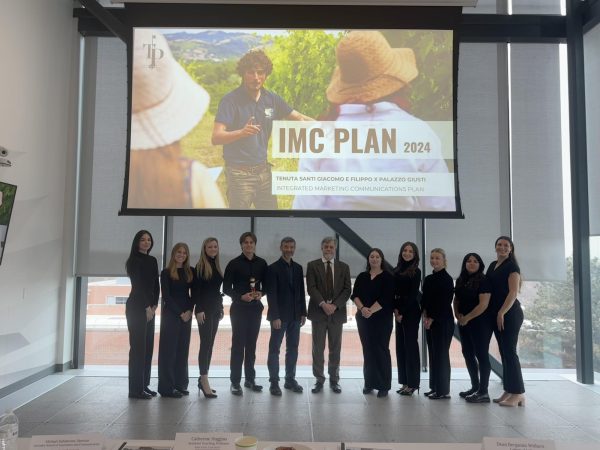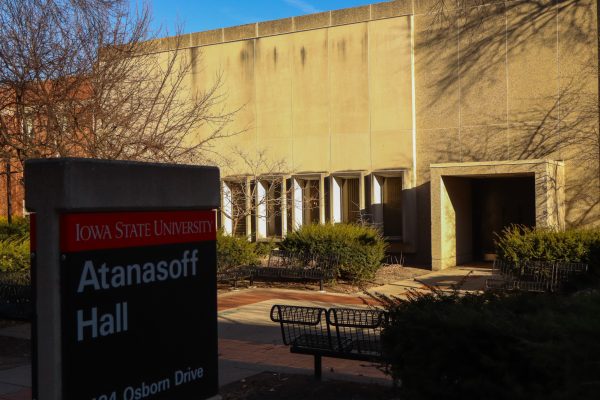Iowa State offers hands-on beekeeping and management course
Members of the Bee Biology, Management and Beekeeping course had several field days in which they had the chance to observe bees and the practice of beekeeping.
Bee Biology, Management and Beekeeping is gathering quite the buzz as this unique course provides insight into bees’ hives, management, and behavior.
The course, which takes place during the fall semester, dives into the background of bee biology, including behavior and development. Students are able to work with live bees and visit three different hives to get hands-on experience in the field of beekeeping.
Randall Cass, the official bee extension specialist at Iowa State, provided insight into Bee Biology, Management and Beekeeping fundamentals. He co-teaches this course with Amy Toth, a professor in ecology, evolution and organismal biology.
“The class is pretty exciting, and we divide it into two parts: students learn about Bee Biology and then they also get practical, hands on, beekeeping, hive-management experience,” Cass said.
Cass said that the first half of the course is taught by Toth, while the second half, taught by Cass, covers practical beekeeping management. The course content includes hive management, how to maintain a hive and look for disease and the different types of equipment needed to do so.
“On top of the work we do in the classroom where Dr. Toth and I lecture, we also have four different hands-on field days,” Cass said. “Three of the field days are out with the bees. We open the hives, and students get to interact with the bees.The fourth field day is all about honey, so we actually extract and process honey and students get to go home with a small jar of honey.”
Three or four hives are brought to campus for students to have this hands-on experience. All students receive a beekeeping veil and a hive tool for this instruction. They can open a hive and learn about beekeeping’s inner workings.
“Honey bees are really fascinating, and I think that beekeeping can also be a business or an enterprise,” Cass said. “So, this class is a great place for students to learn more about it and get some hands-on experience.”
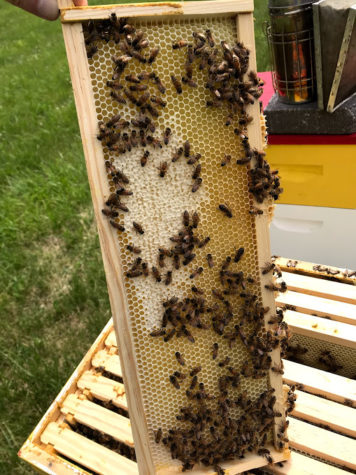
Cass said the university and course instructors also partner with the University of Nebraska-Lincoln to help students get a jumpstart on achieving a Master Beekeeper Certification if they would like.
Stephanie Paris, a senior majoring in environmental science, commented on the highlights of Bee Biology, Management and Beekeeping.
She explained some of the highlights of the course and the memorable things she did during the semester. Paris said that the course is unique and stands out because of the rare subject matter of bees.
“We learned about the basics of the bee lifestyle and the complexities of their social system because honey bees are one of the only eusocial insects, and I think how they work together is really cool,” Paris said.
Paris explained the field days during the course were her favorite experiences, inspiring her to pursue the subject of beekeeping and honey.
“The course is applicable in many other aspects which is a pro because you get to learn about other things like agricultural practices, like prairie strips and how those are useful to not only bees and for farmers and their soil,” Paris said.
Compared to other courses, Paris said the course is unique because of the overall hands-on work with stinging insects.
Alex Kurtt, a junior double majoring in biology and environmental science, explained that getting more involved and working with different types of animals inspired his choice of major and his desire to take ENT/BIOL 358X.
“Most of my bio classes are pretty classroom oriented, so having the ability to go out and actually work with the subject matter helped me to really solidify the information,” Kurtt said.
He explained the most positive aspect of the course is the structure, spending the first half of the semester learning about the science behind bees and then applying the information toward bee management and beekeeping.
“One of my favorite things is the field days that we do so we learn about the bees and their hive structure, and then we go out and actually open colonies and look at frames,” Kurtt said. “One day we went and did honey extraction of frames and have a bottle of honey to take home.”
Your donation will support the student journalists of the Iowa State Daily. Your contribution will allow us to purchase equipment, send our student journalists to conferences and off-set their cost of living so they can continue to do best-in-the-nation work at the Iowa State Daily.


